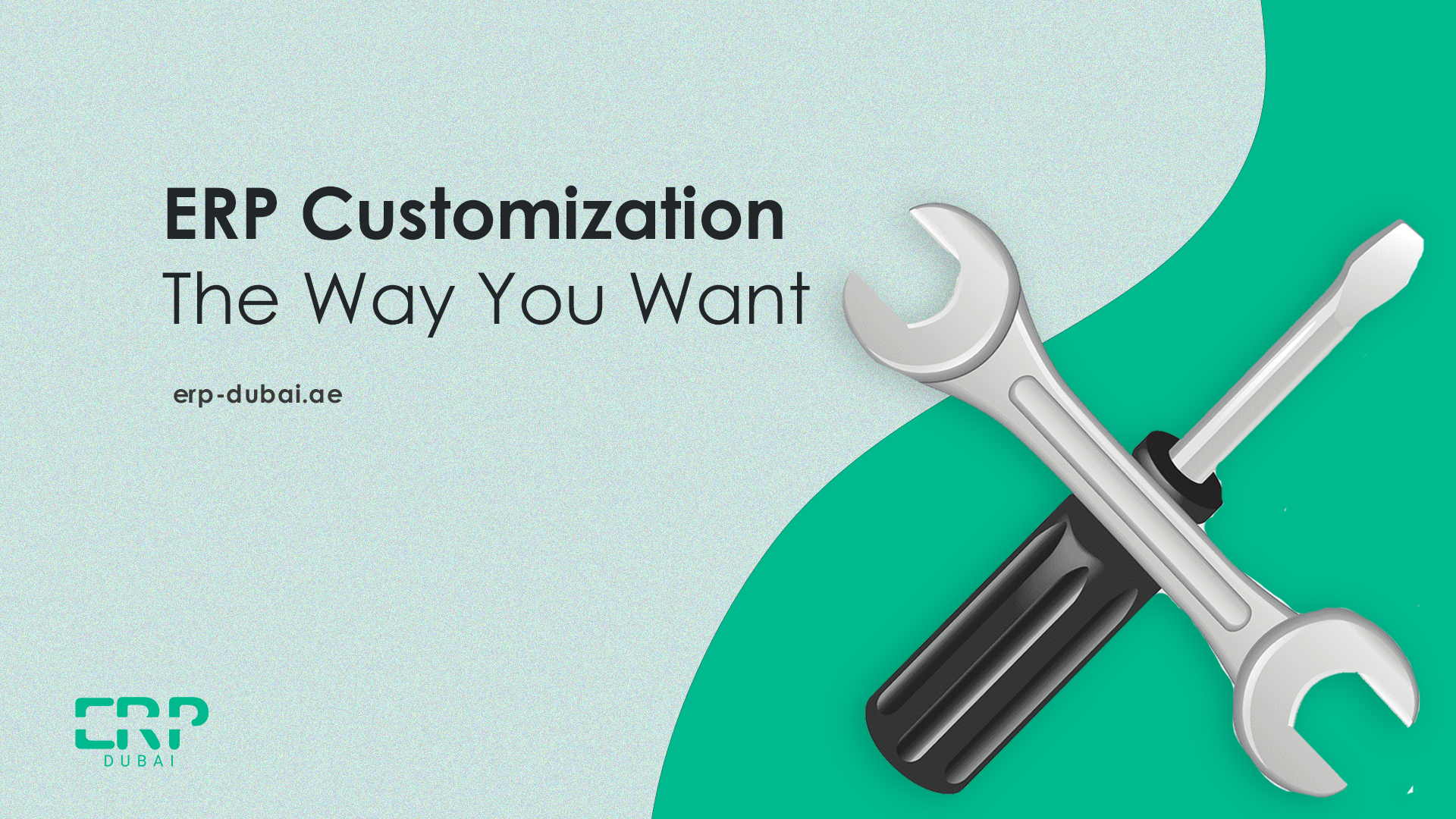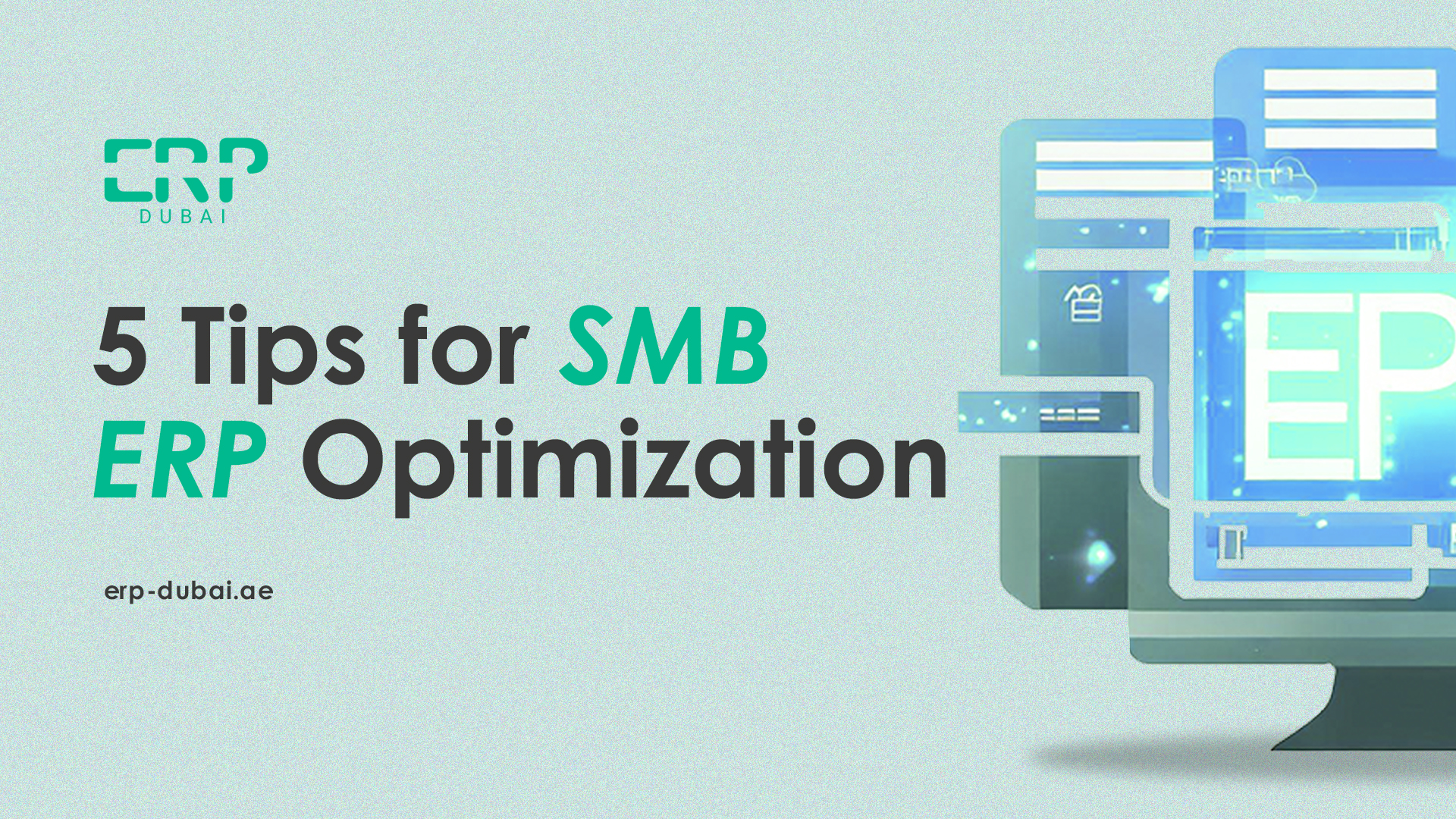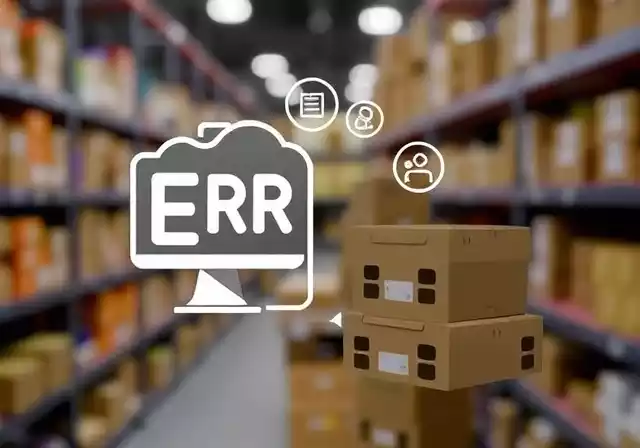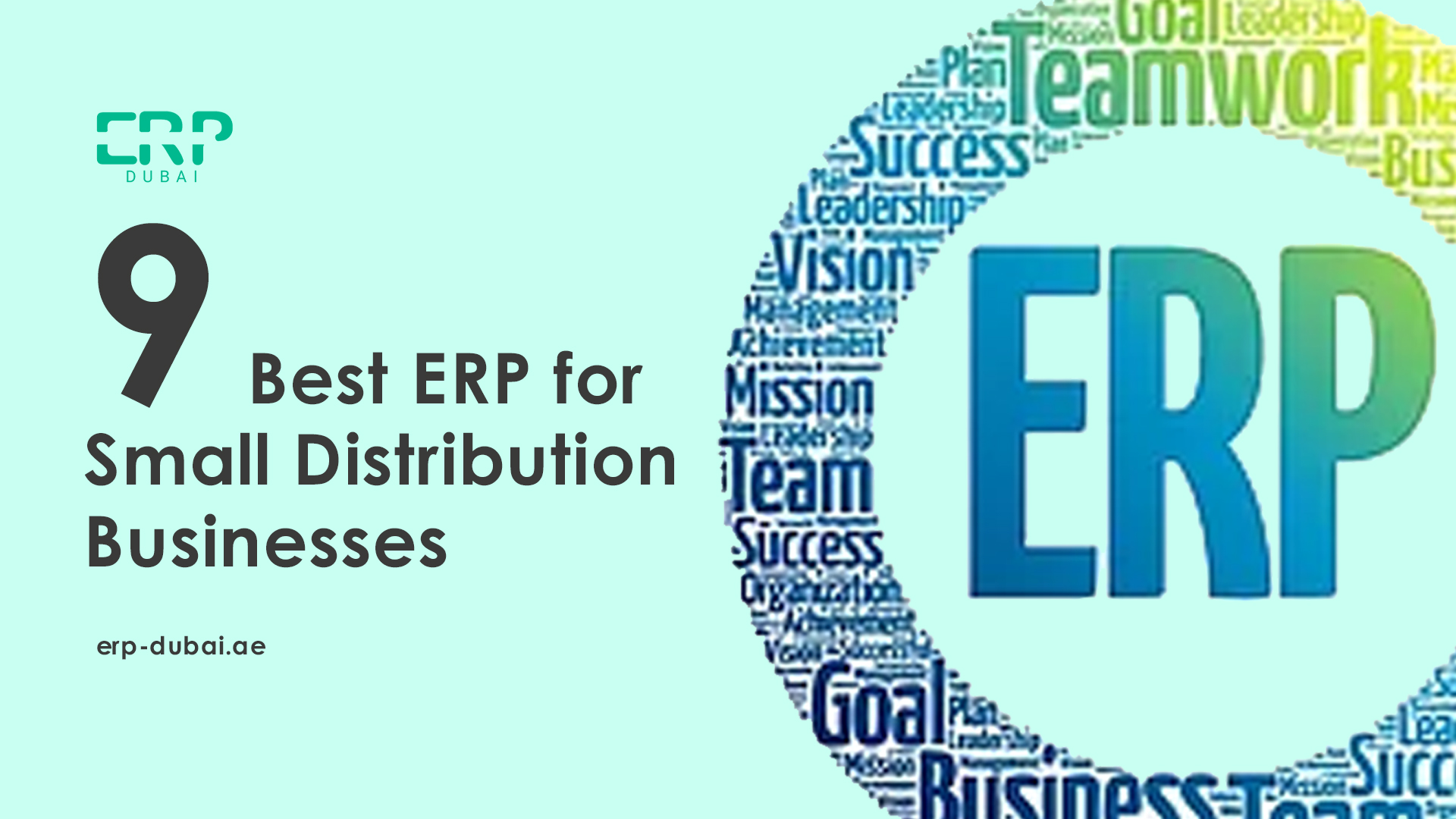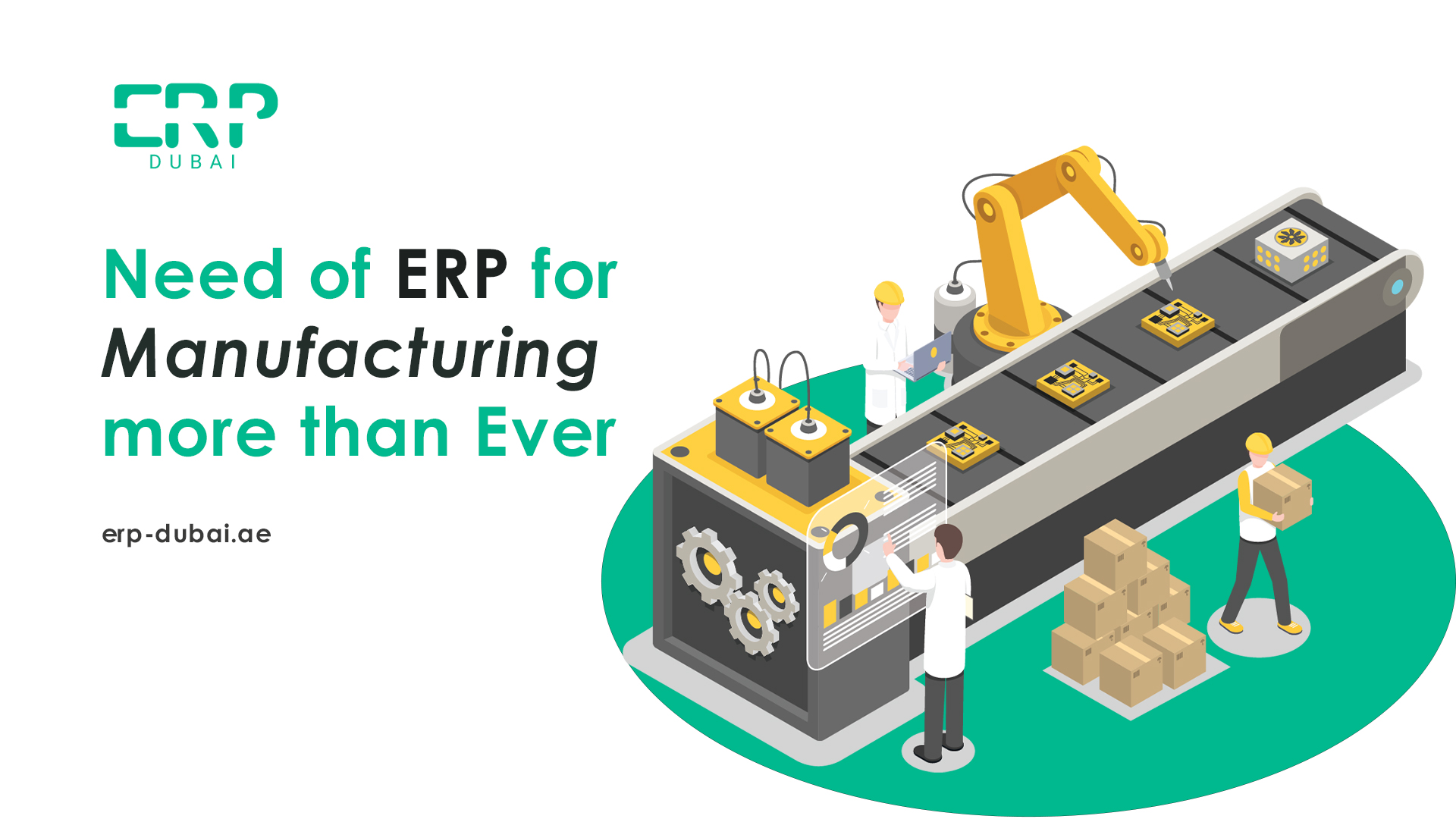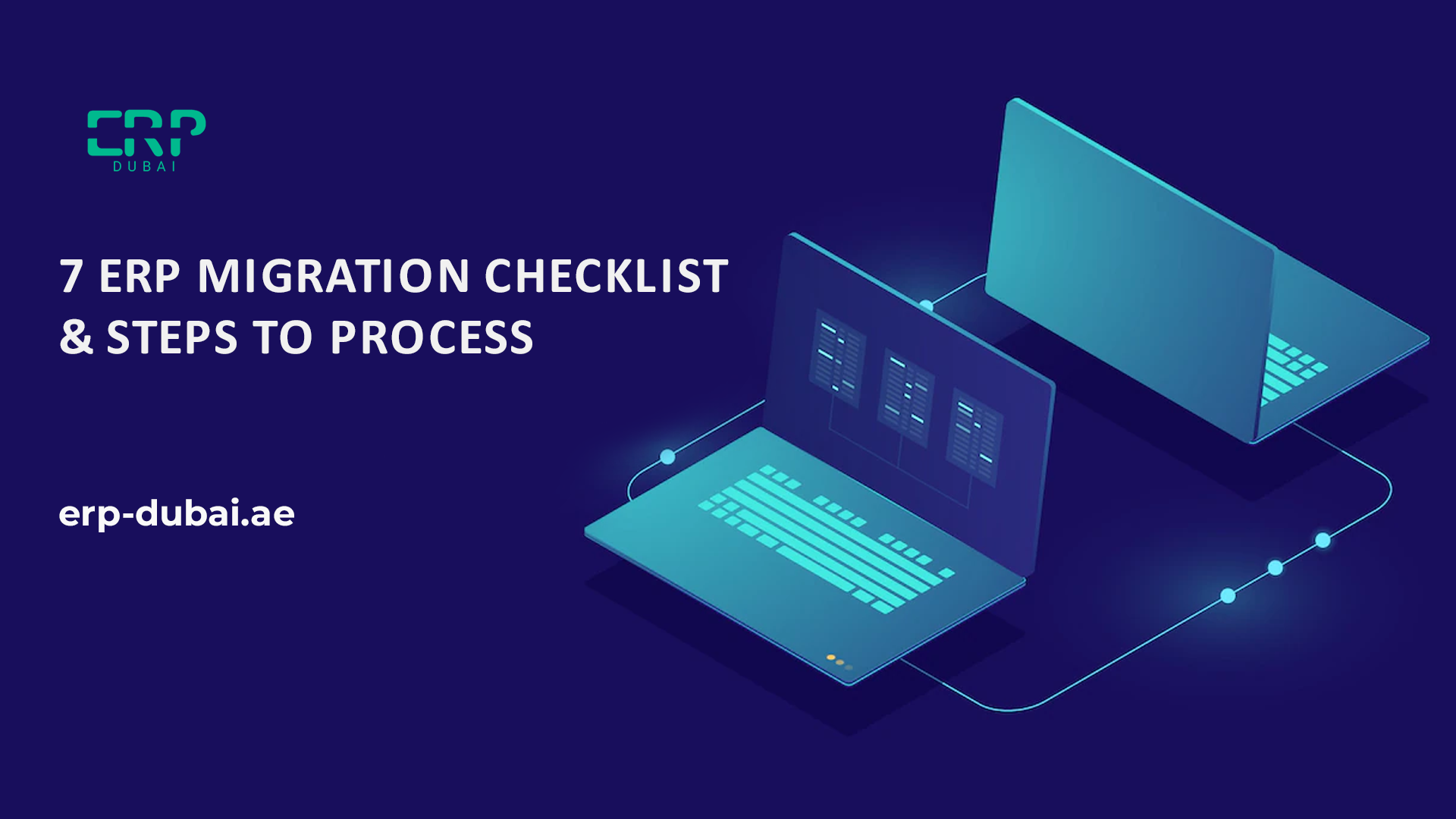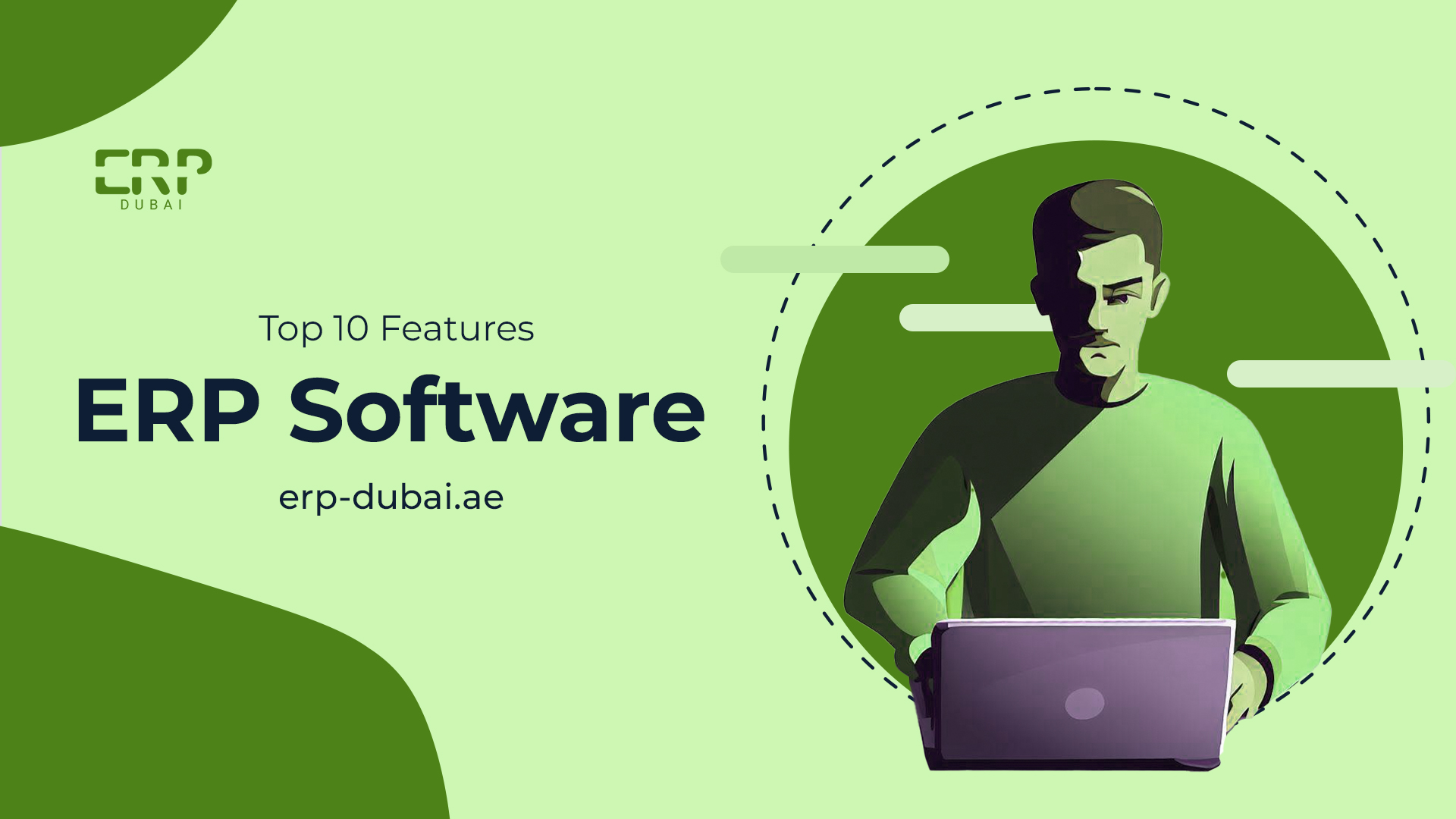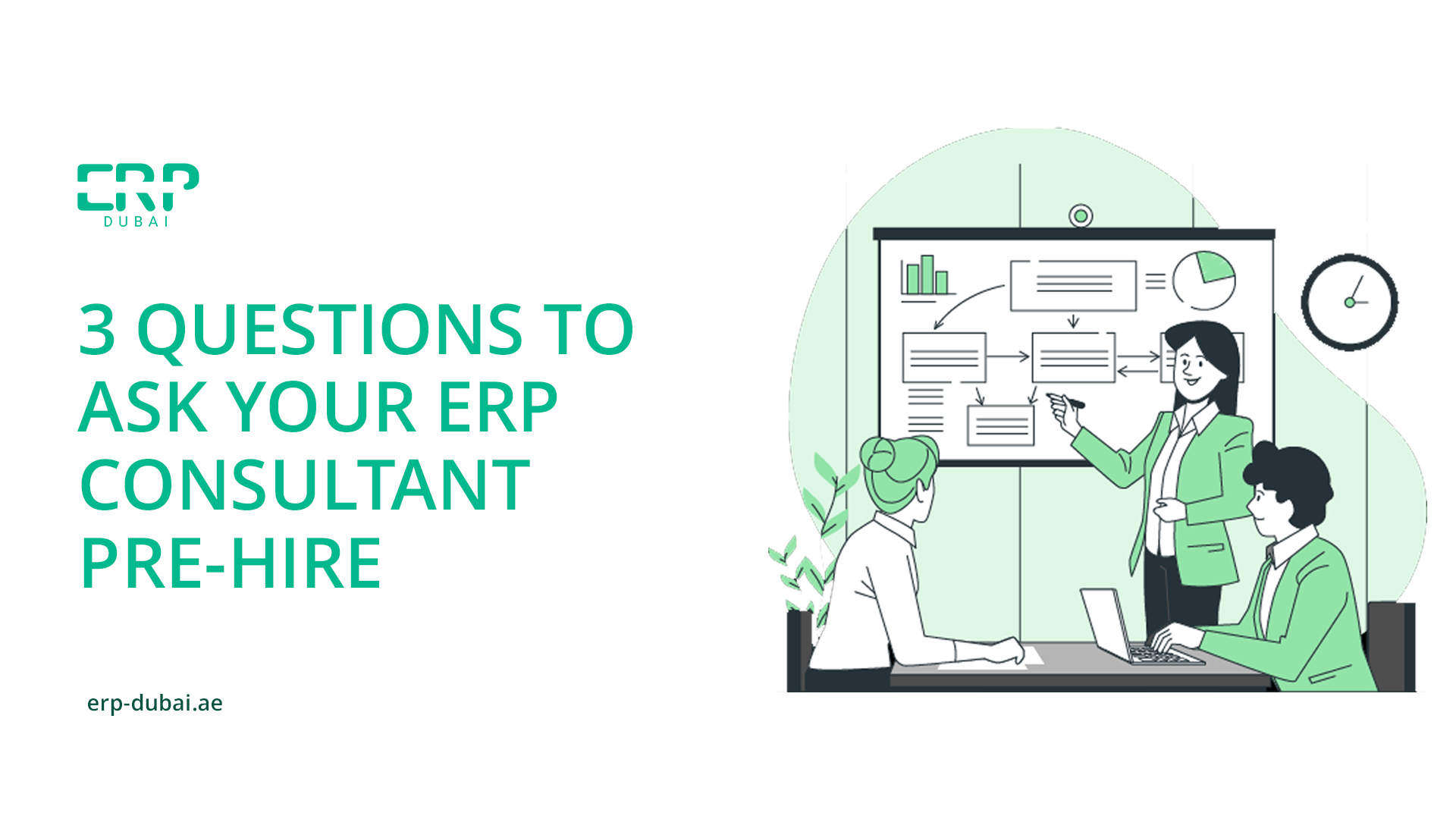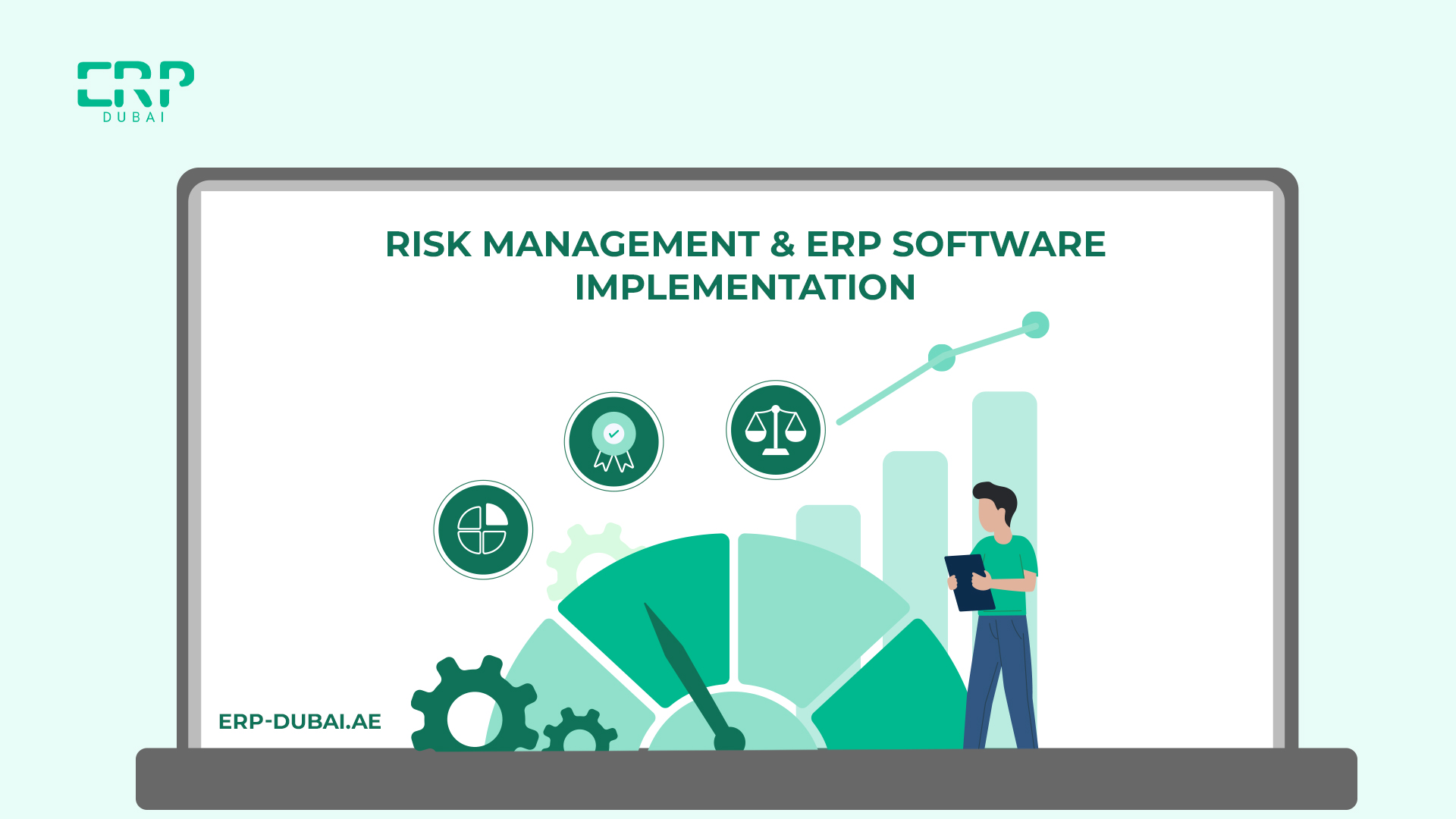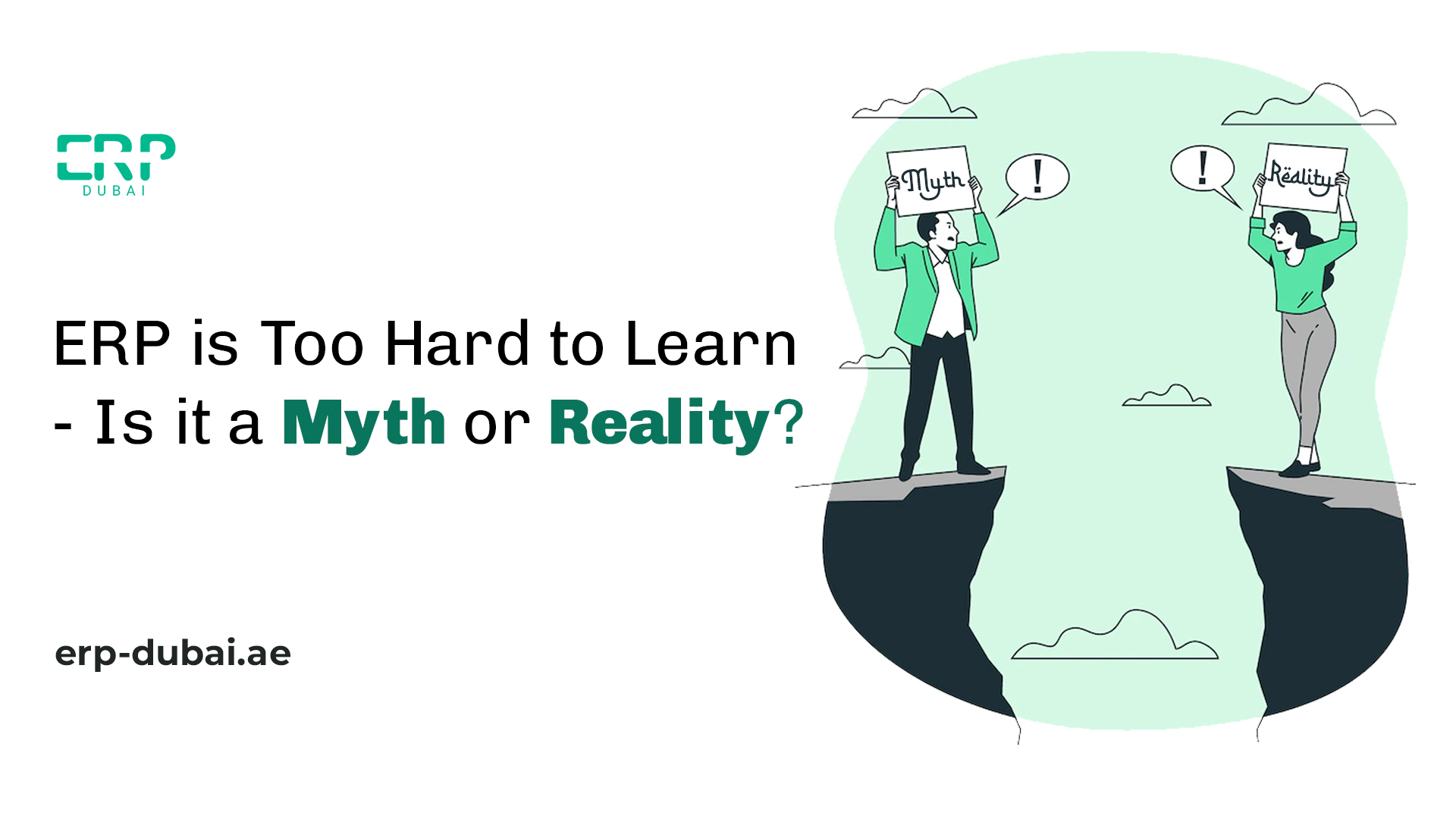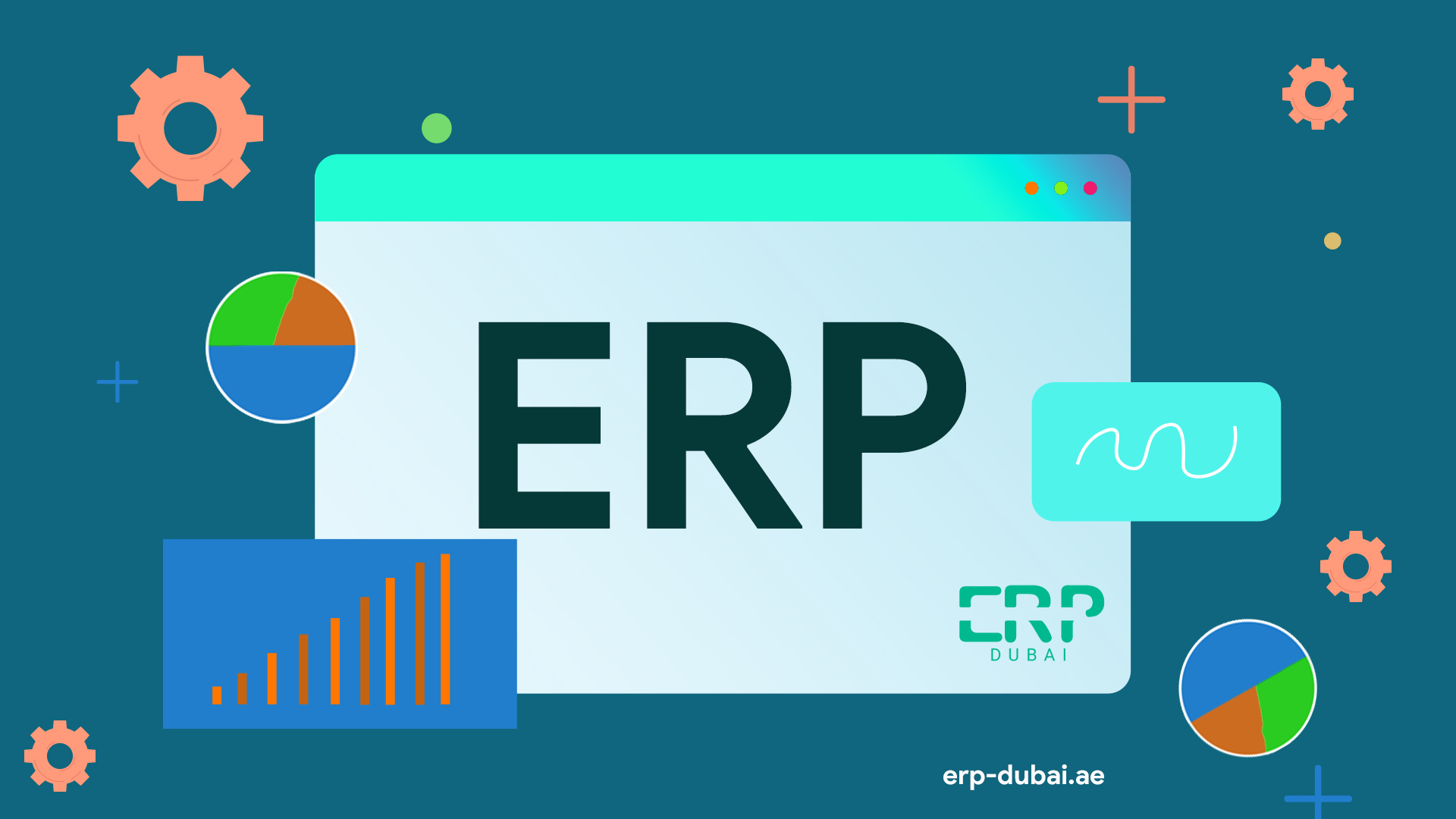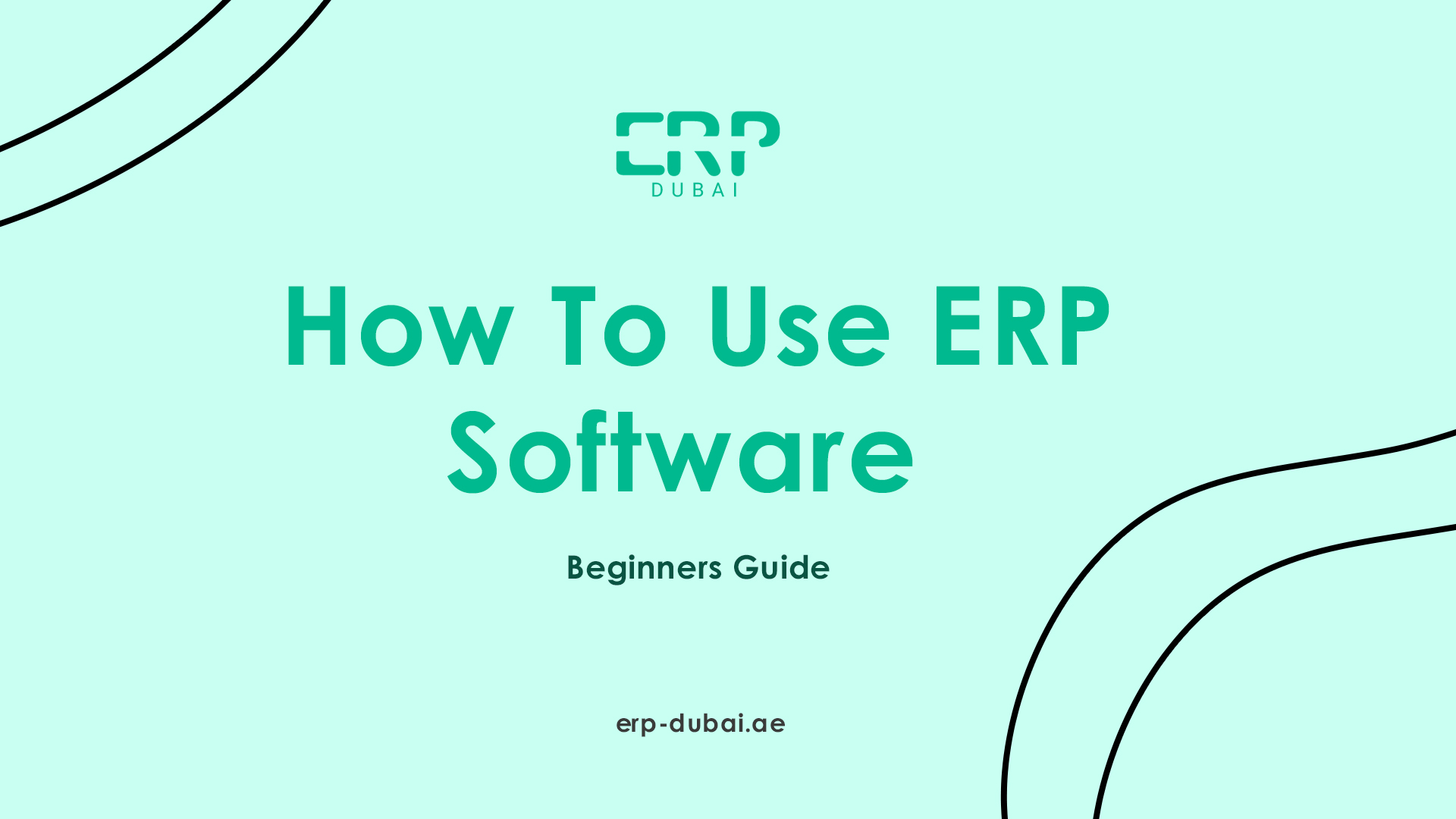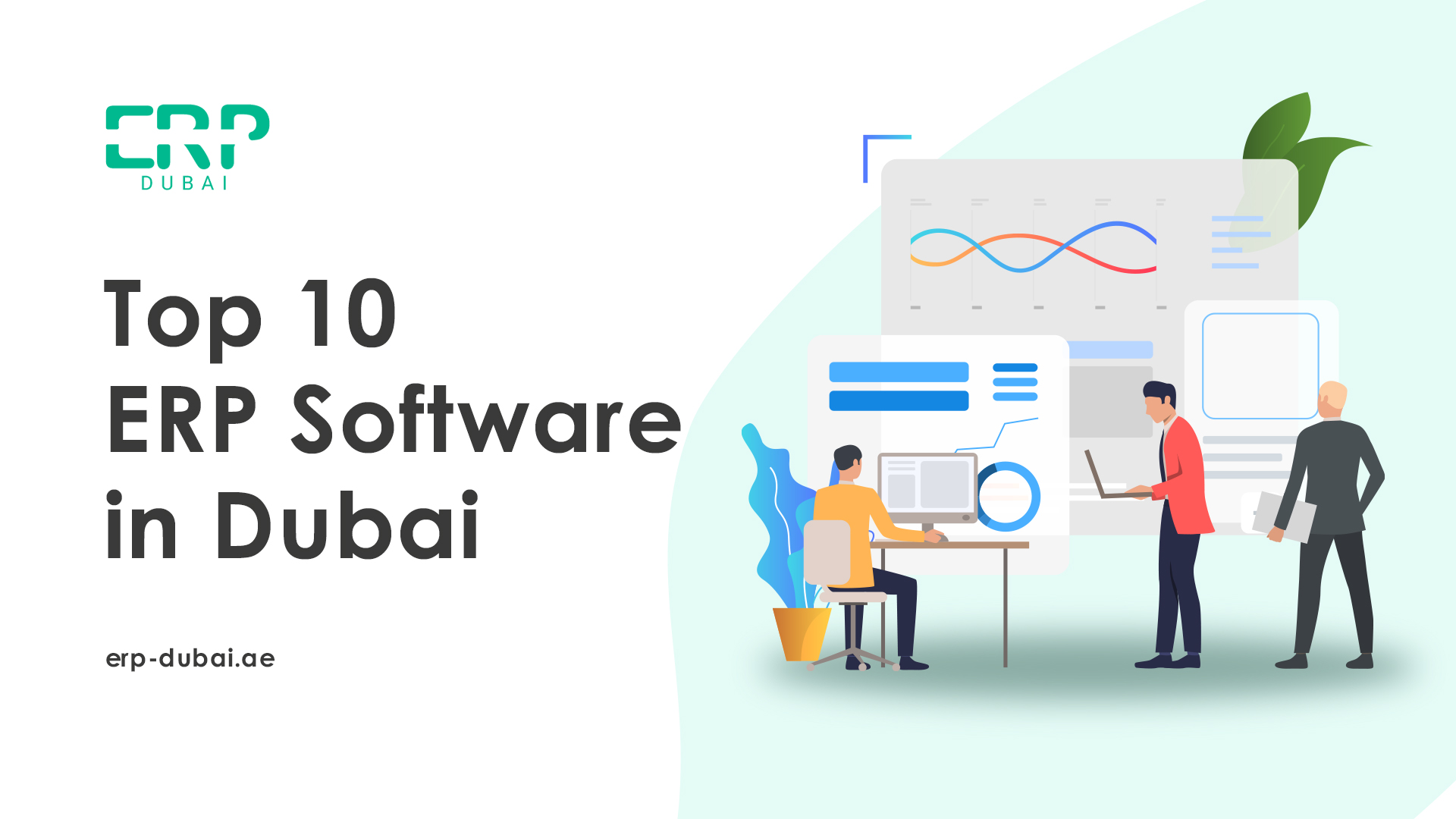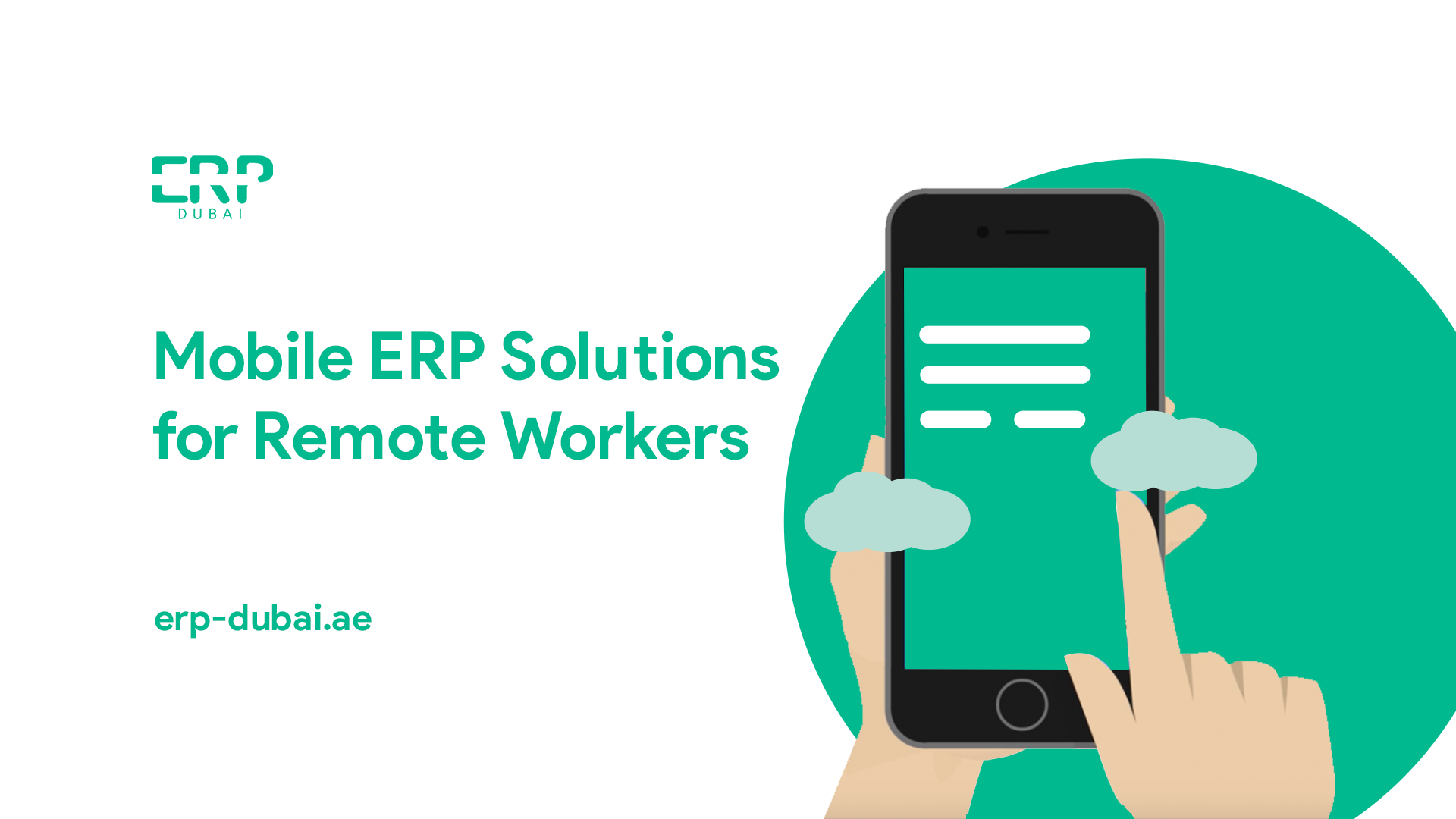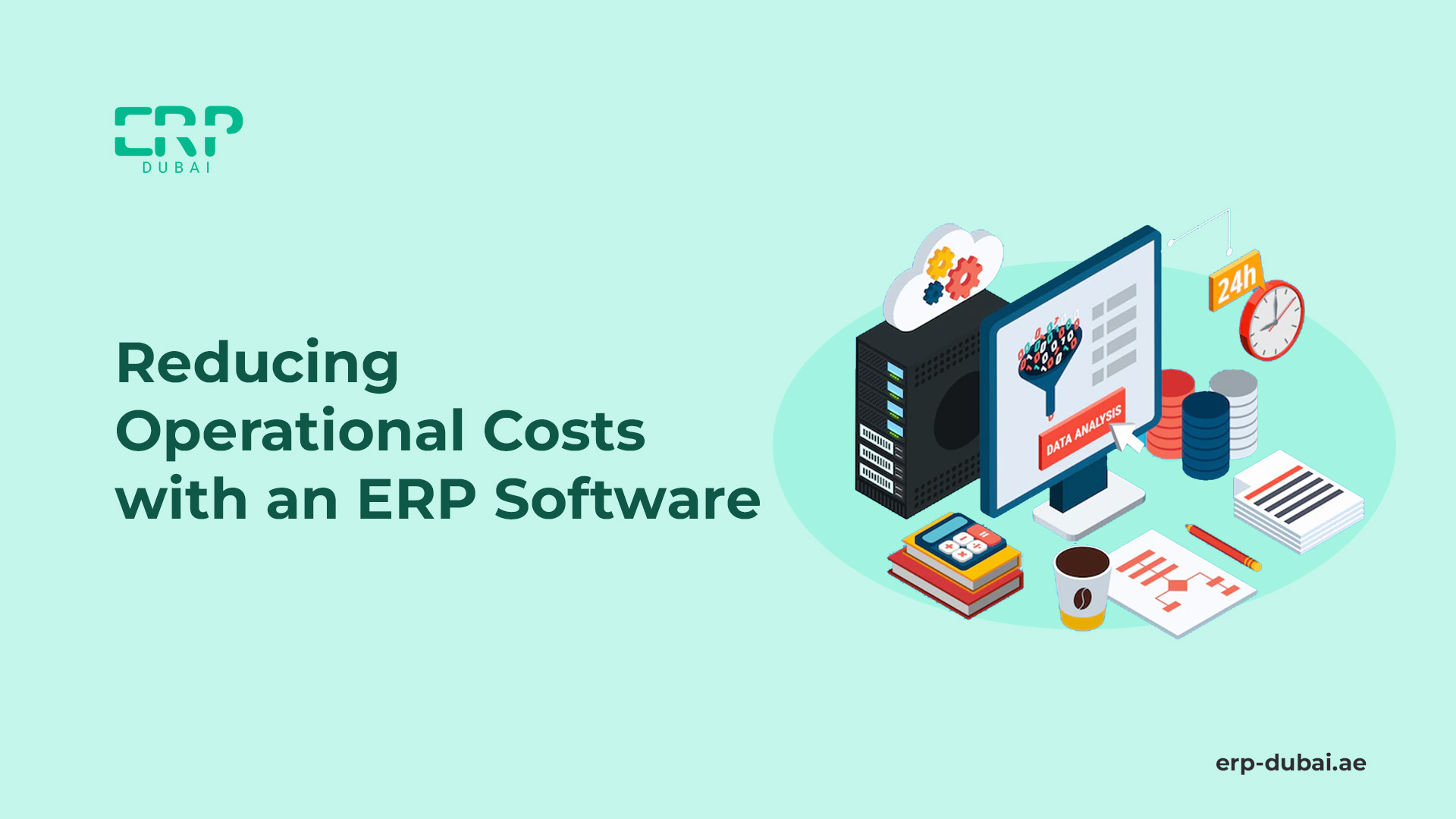No products in the cart.

How to select the perfect ERP project manager
It takes the correct combination of managerial and technical expertise to successfully adopt ERP software. The ERP project manager plays one of the most important roles in this process. An effective ERP project manager can mean the difference between a successful and unsuccessful implementation. How to choose a competent project manager for ERP software implementation is a question with no single valid answer. Your decision will probably represent a compromise between what you want and what is available at the time.
In this blog, we will discuss how to select the perfect ERP project manager.
What are the primary responsibilities of an ERP project manager?
Think about the following keywords when writing job descriptions for ERP project managers:
- Has complete control over the ERP project to fulfill the needs of the business.
- Provides direct reports with training and guidance.
- Communicates the needs of the project to the project sponsors and direct reports regularly.
- Regularly collaborates with senior leadership to manage team organizational structure, resource allocation, steering committee leadership, and change management.
- Oversees the technical architecture or ERP software of the company.
Few skills to look forward to while selecting an ERP project manager
Technical expertise:
The project manager for ERP software must have a thorough understanding of the technical elements of the ERP system. They should be knowledgeable about the data structure, APIs, and integration protocols in addition to the software architecture, modules, and components. Additionally, they must have prior working knowledge of comparable ERP software. To ensure that the ERP system is configured and customized effectively, technical competence is necessary.
The project manager should also have the following skills:
- effectively lead teams and projects.
- Consider business needs, technical design, and implementation while analyzing and understanding them.
- Establish and oversee project budgets.
Project management skills:
The project manager for the ERP tool should be very proficient in project management. They need to be able to create a thorough project plan and timeline, recognize potential problems and hazards, and create solutions. Additionally, they must be able to lead the project team, which includes both internal and external resources and productively interact with stakeholders.
Industry experience:
The project manager for the ERP tool should have prior experience in the industry where the ERP system is being implemented. Understanding the specific business procedures and requirements of the industry is essential. The project manager will also benefit from being able to spot any gaps between the ERP system and the business processes and offer remedies.
With expertise, the manager should be able to predict future roadblocks that could hinder the project’s success. In addition, he or she should offer practical ideas that will allow the business to complete the job faster and cheaper.
Leadership skills:
Strong leaders that can inspire and direct the project team are essential for the role of the ERP project manager. They should be able to promote cooperation and communication while establishing a positive team culture. Additionally, they must be able to give effective direction and prioritize assignments.
Your ERP project manager needs to possess leadership qualities. People follow leaders willingly, not out of compulsion. Your project manager needs to stay composed. They should be able to retain their calm under pressure throughout the project, as well as the calmness of the troops. Your ERP project manager needs to get along with other people. The ability to listen well is a prerequisite for your project manager.
Communication skills:
The project manager for the ERP tool should have great communication skills and be able to explain technical knowledge clearly and effectively. All parties involved in the project, including executives, business users, technical personnel, and outside vendors, should be able to communicate with them successfully.
When a manager communicates, it signifies that their message is understood and that they are receiving messages from others. Your project manager needs to be creative. In many cases, the path they must travel is not marked, thus the manager must be able to seek help when needed and locate hidden resources to locate and stay on that path.
Change management skills:
The ERP implementation will bring significant changes to the organization’s business processes and workflows. The ERP project manager should be able to manage this change effectively. They should be able to develop and implement change management strategies and communicate these changes to the affected stakeholders.
Flexibility and adaptability:
Changes to the project plan and scope may be necessary during the complicated and dynamic process of ERP implementation. The project manager for the ERP tool needs to be versatile, flexible, and fast to react to changes. Additionally, they must be able to recognize and effectively handle risks and problems.
An effective project manager should be flexible enough to adapt to future changes and dynamic environments. The project manager must be able to lead the team in the face of changes and think critically and quickly to keep the project on track.
Business acumen:
The Enterprise resource planning project manager should have a good understanding of the organization’s business processes and goals. They should be able to align the ERP implementation with the organization’s objectives and ensure that the system’s functionalities meet the business requirements.
Implement the easy-to-use Elate ERP software
Elate ERP system can help ERP project managers in several ways, including:
Elate ERP software can automate a variety of business processes, including customer relationship management, accounting, inventory management, and more. The project manager can use this to simplify these procedures and lower the possibility of mistakes and delays.
Elate ERP system provides Real-time data and analytics, enabling the project manager to keep tabs on the project’s development, spot possible problems, and take wise decisions.
The collaborative tool Elate ERP software allows the various teams and departments working on the ERP project to communicate and work together. This could help in increasing collaboration and productivity.
Conclusion
Finally, choosing the ideal Enterprise resource planning project manager demands a blend of technical proficiency, project management abilities, industry experience, leadership abilities, communication abilities, change management abilities, flexibility, adaptability, and business acumen. The project manager must be able to lead the project team, manage the challenging ERP implementation process, and interact successfully with stakeholders. Organizations can improve their chances of a successful ERP implementation by taking these elements into account.


